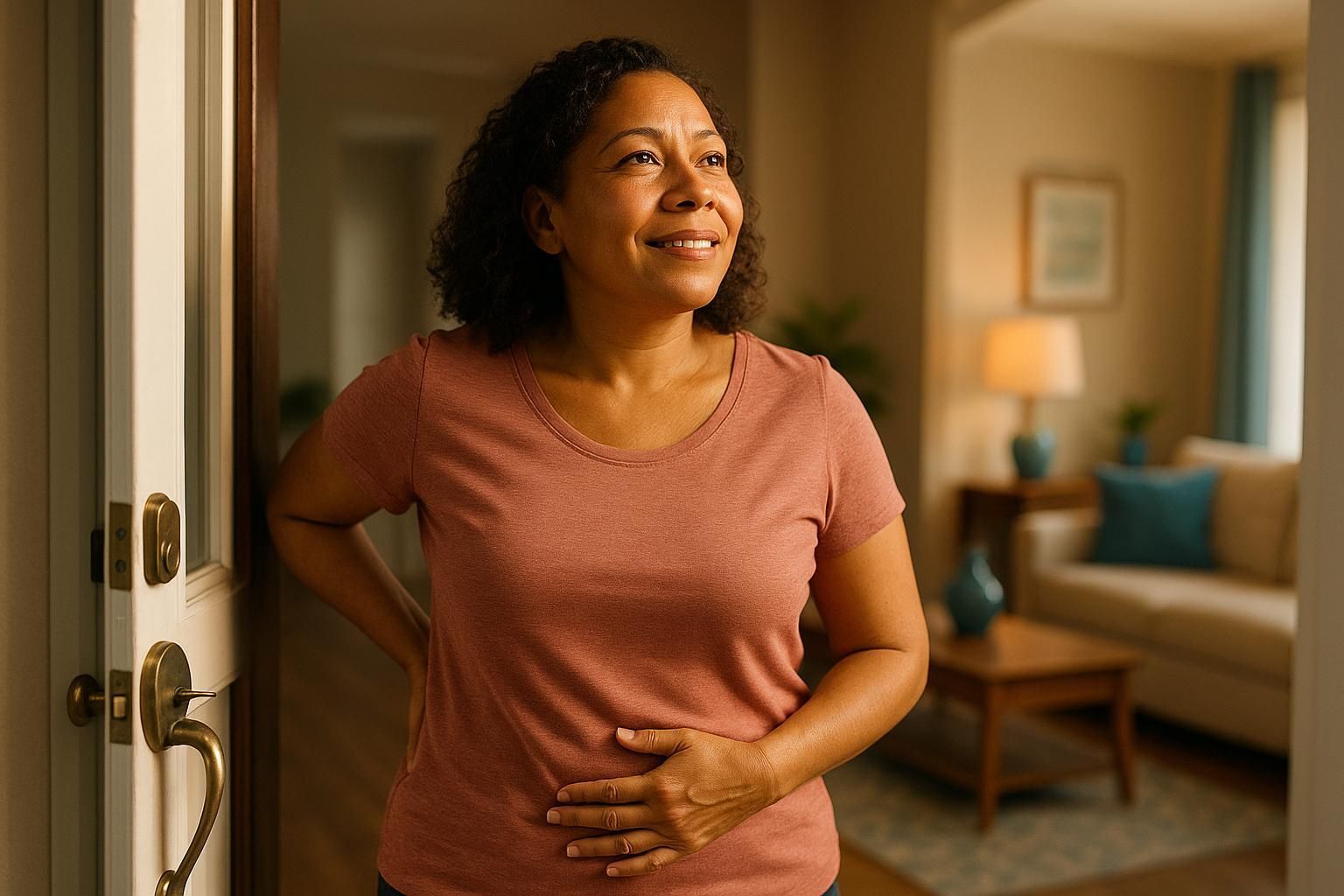Colorectal cancer affects 150,000 adults in the U.S. annually. Most of these patients are aged 55 years or older. This is why colorectal cancer screenings are very important. This type of screening is recommended for people who are 45–75 years old. If you have a colorectal screening planned, here is what you can expect.
When To Get Screened
It may be necessary to get screened earlier than 45. Some reasons for this could be that this type of cancer runs in your family, or you have other high-risk factors that would affect your health. Otherwise, you should start having these screenings done at 45 and continue until about 75 unless your doctor has different recommendations.
Screening Procedure
Your doctor will discuss with you the different types of screening options that are available. Different options are better for different people depending on age, medical history, and other factors. A stool-based test can actually be conducted at home. You would collect a stool sample, and then send it to your doctor’s office or a lab. The stool would then be tested and the results would be sent to your doctor and discussed with you.
The other type of test is called a colonoscopy. This is a more invasive type of screening, in which the doctor will be able to look directly at your colon and rectum. This type of screening must take place in a doctor’s office. You would need to take a laxative beforehand to clean out the rectum and bowels. You will receive anesthesia before the test. You will also need to have someone drive you home afterward. There may be certain foods that you should avoid prior to screening. Your doctor will discuss those details will you the day or days before.
Precautions
Many people avoid their colonoscopy screenings because they fear that it will be painful. The preparation phase for the screening can be unpleasant but during the screening, you will be under anesthesia. Any discomfort you may experience is far outweighed by the benefits of early detection and intervention. Colorectal cancer can be very aggressive and deadly. Early detection and intervention are the best weapons against it.
If you would like to learn more about cancer screenings, please contact us today. We will be happy to answer your questions and help you find the best screening options.
SHARE ARTICLE:
SEARCH POST:
RECENT POSTS:






